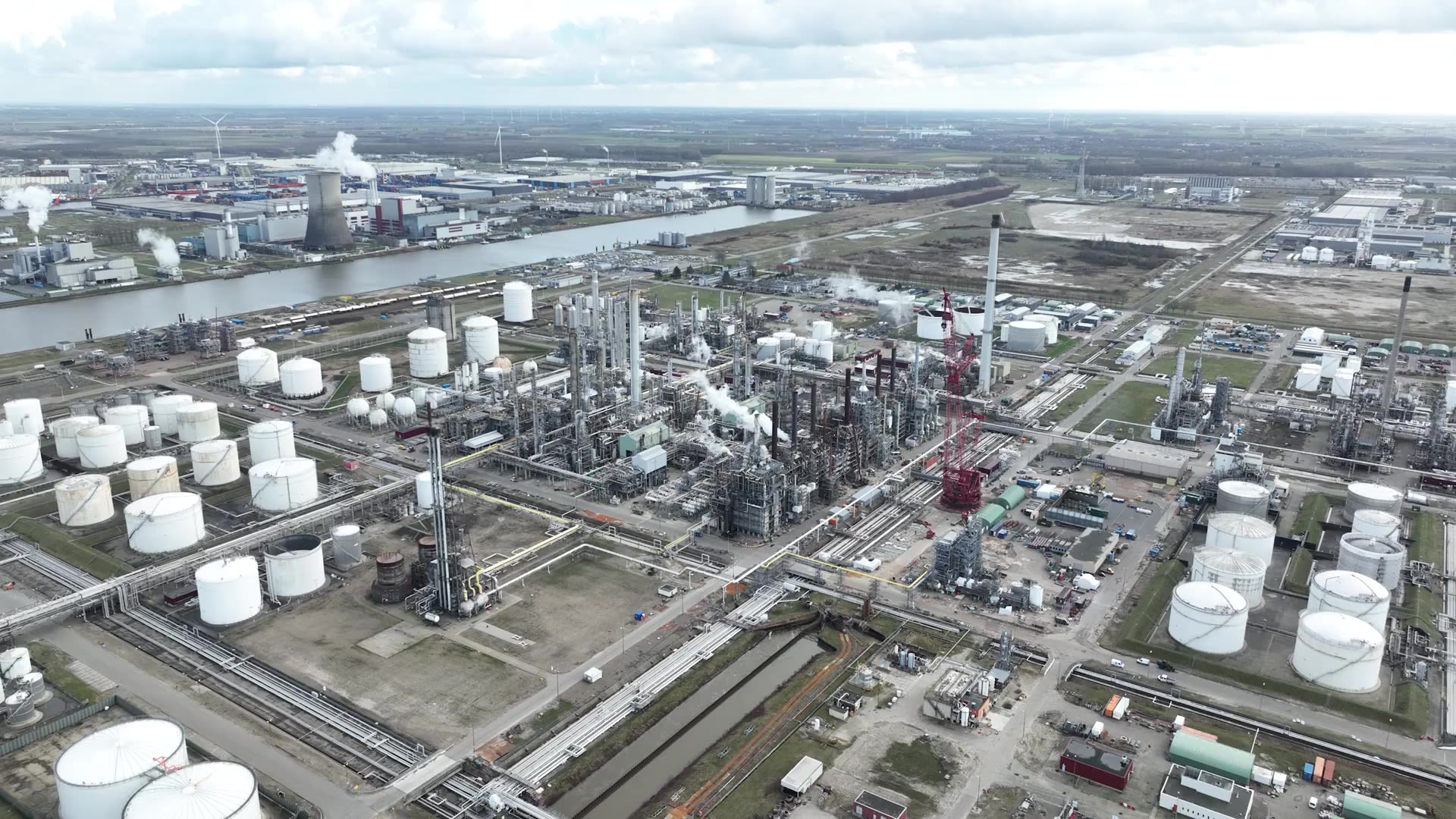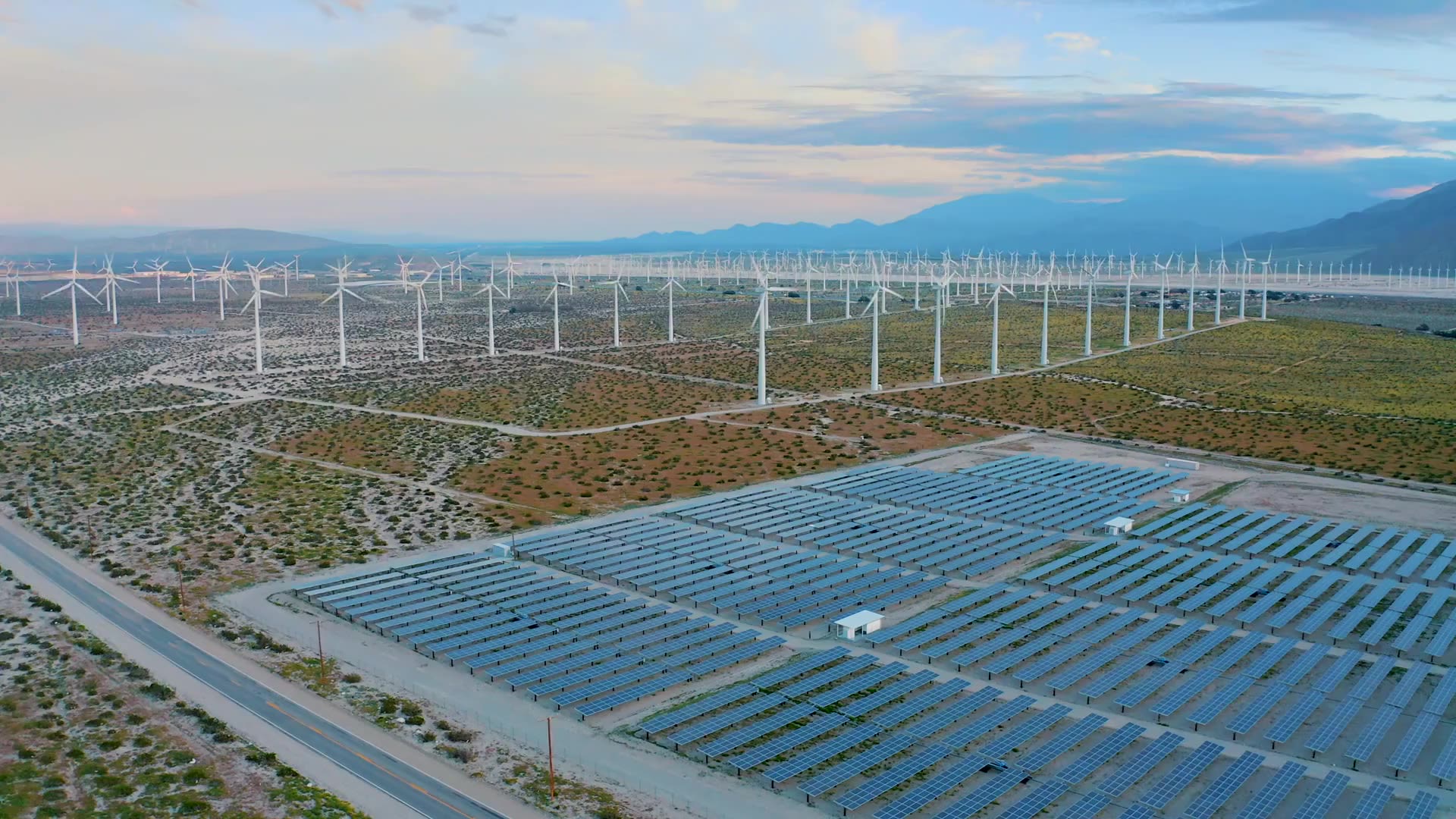US election special

Trump victory’s likely impact on chemical markets

More tariffs

Trump pledged to add more tariffs in addition to the ones he introduced during his first term as president, as shown below:
Why trade policy matters for chemicals

Trade policy is important to the US chemical industry because producers built excess capacity to take advantage of cheap feedstock and profitably export material abroad. Such large surpluses leave US chemical producers vulnerable to retaliatory tariffs.
The risk is heightened because the world has excess capacity of several plastics and chemicals, and plants are running well below nameplate capacity.
At the least, the impact of retaliatory tariffs would re-arrange supply chains, adding costs and reducing margins.
At the worst, the retaliatory tariffs would reach levels that would make US exports uncompetitive in some markets. Countries with plants running below nameplate capacity could offset the decline in US exports by raising utilization rates.
Baseline tariffs would hurt US chemical producers on the import side. The US has deficits in some key commodity chemicals, mainly benzene, melamine and methyl ethyl ketone (MEK).
In the case of benzene, companies are not expected to build new refineries or naphtha crackers to produce more benzene. Buyers will face higher benzene costs, and those costs will trickle down to chemicals made from benzene.
Tariffs on imports of oil would raise costs for US refiners, because they rely on foreign shipments of heavier grades to optimize downstream production.
The growth in US oil production is in lighter grades from its shale fields, and these lighter grades are unsuitable for some refining units.
Regulatory relief

Under Trump’s administration, the US chemical industry is expected to see relief from the surge in regulations that characterized the Biden administration.
The flood in regulations led the Alliance for Chemical Distribution (ACD) to call the first half of 2024 the worst regulatory climate ever for the chemical industry. The American Chemistry Council (ACC) has warned about the dangers of excessive regulations and urged the Biden administration to create a committee to review the effects new proposals could have on existing policies.
Trump said he would re-introduce his policy of removing two regulations for every new one created.
Trump has dedicated to what he called the "wasteful and job-killing regulatory onslaught". One plank of the platform of the Republican Party is to "cut costly and burdensome regulations".
Lower taxes at the expense of the deficit

Trump pledged to make nearly all of the 2017 Tax Cuts and Jobs Act (TCJA) permanent and add the following new tax cuts, according to the Tax Foundation, a policy think tank:
At best, the resulting economic growth, the contributions from tariffs and cuts in government spending would offset the effects of the tax cuts. The risk is that the tariffs, the cuts and the economic growth may be insufficient to offset the decline in revenue that results from the tax cuts.
The Tax Foundation is forecasting the latter and expects that the 10-year budget deficit will increase by $3 trillion.
To fund the growing deficit, the US government will issue more debt, which will increase the supply of Treasury notes and cause their price to drop. Yields on debt are inversely related to prices, so rates will increase as prices drop.
Economists have warned that a growing government deficit will maintain elevated rates for 10-year Treasury notes, US mortgages and other types of longer-term debt.
Higher rates have caused some selective defaults among chemical companies and led to a downturn in housing and durable goods, two key chemical end-markets.
If the US deficit continues to grow and if interest rates remain elevated, then more US chemical companies could default and producers could contend with a longer downturn in housing and durable goods.
Likely impact on energy markets

Oil and gas production, the main source of the feedstock and energy used by the petrochemical industry, should benefit from policies proposed by Trump, while hydrogen and renewable fuels could lose some of the support they receive from the federal government.
Brighter sentiment on energy

Regardless of who holds the presidency, US oil and gas production has grown because much of it has taken place on the private lands of the Permian basin. Private land is free from federal restrictions and moratoria on leases.
That said, the federal government could indirectly restrict energy production, and statements from the president could impact the sentiment in the industry.
During his term, Biden antagonized the industry by accusing it of price gouging, halted new permits for LNG permits and revoked for the Keystone XL oil pipeline on his first day in office.
By contrast, Trump has pledged to remove federal impediments to the industry, such as permits, taxes, leases and restrictions on drilling.
Why energy policy matters

Prices for plastics and chemicals tend to rise and fall with those for oil. For US producers, feedstock costs for ethylene tend to rise and fall with those for natural gas.
Also, most of the feedstock used by chemical producers come from oil and gas production. Policies that encourage energy production should lower costs for chemical plants.
Retreat from renewables and EVs

Trump has pledged to reverse many of the sustainability policies made by Biden.
Just as Trump did in his first term, he would withdraw from the Paris Agreement.
For electric vehicles (EVs), Trump said he would "cancel the electric vehicle mandate and cut costly and burdensome regulations". He said he would end the following policies:
The EPA was expected to decide if California can adopt its Advanced Clean Cars II (ACC II) program, which would phase out the sale of combustion-based vehicles by 2035. If the EPA grants California's request, that would trigger similar programs in several other states.
Given Trump's opposition to government restrictions on combustion-based automobiles, the EPA would likely reject California's proposal under his presidency or attempt to reverse it if approved before Biden leaves office.
According to the Tax Foundation, Trump would try to eliminate the green energy subsidies in the IRA.
These included tax credits for renewable diesel, sustainable aviation fuel (SAF), blue hydrogen, green hydrogen and carbon capture and storage.
In regards to the UN plastic treaty, it is unclear if the US would ratify it, regardless of Trump's position. The treaty could include a cap on plastic production, and such a provision would sink the treaty's chances of passing the US Senate.
For renewable plastics, much of the support from the government involves research and development (R&D), so it did little to foster industrial scale production.
Why EVs and renewables matter

Policies that promote the adoption of EVs would increase demand for materials used to build the vehicles and their batteries. Companies are developing polymers that can meet the heat and electrical challenges of EVs while reducing their weight. Heat management fluids made from base oils could help control the temperature of EV batteries and other components.
If such EV policies reduce demand for combustion-based vehicles, then that could threaten margins for refineries. These produce benzene, toluene and xylenes (BTX) in catalytic reformers and propylene in fluid catalytic crackers (FCCs).
Lower demand for combustion-based vehicles would also reduce the need for lubricating oil for engines, which would decrease demand for some groups of base oils.
Policies that promote renewable power could help companies meet internal sustainability goals and increase demand for epoxy resins used in wind turbines and materials used in solar panels, such as ethylene vinyl acetate (EVA) and polyvinyl butyral (PVB).
For more market insights on the global issues impacting chemical and energy markets, please visit: News
To learn about our Chemicals and Energy solutions, please visit: Chemicals or Energy
Author:
Al has covered the US chemical industry for ICIS since 2007, with an emphasis on US policy, corporate affairs and breaking news.

